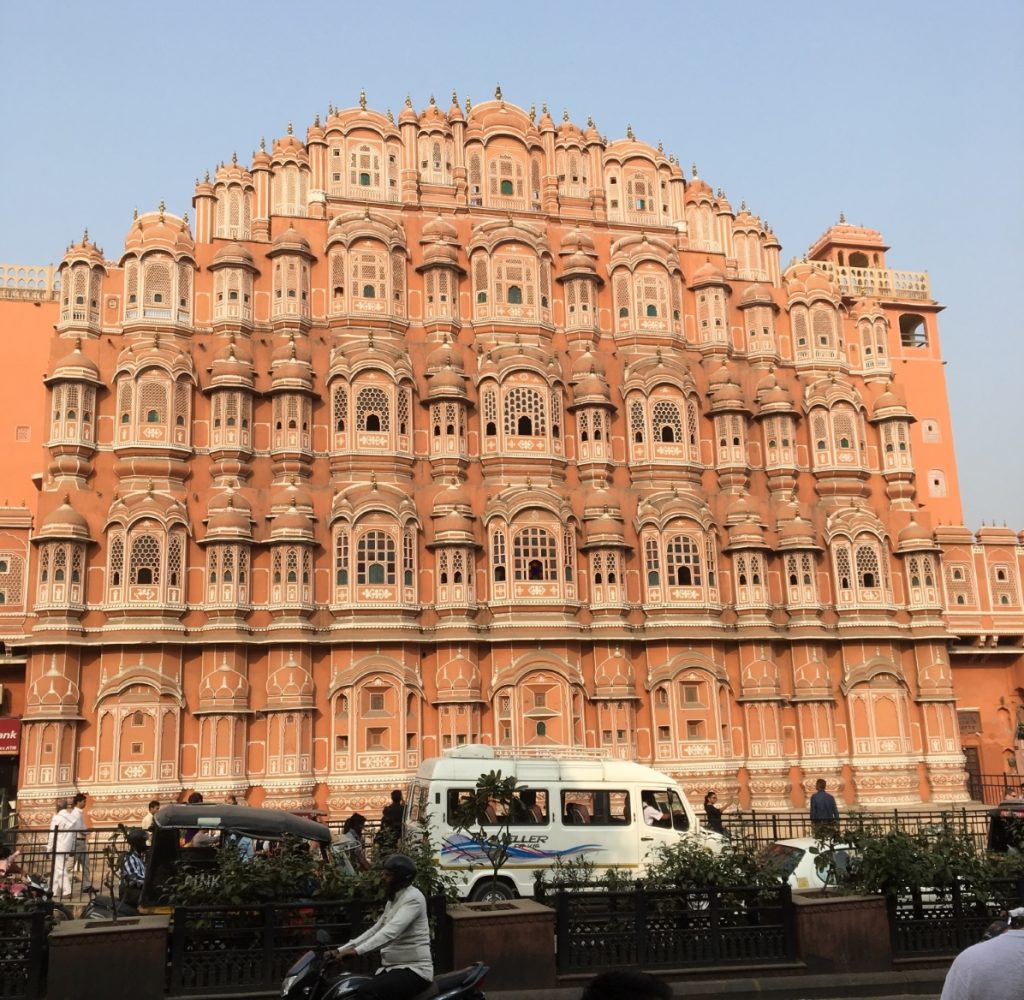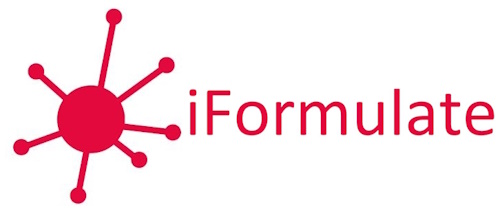 by Jim Bullock
by Jim Bullock
It’s always good to leave the familiar bubble for a while and consider things from a different point of view. Arriving in the fascinating city of Jaipur from the UK it was striking to see TV news reports of a severe smog in Delhi. Although industrial and traffic pollution contributed to the smog, the main cause was burning of agricultural stubble on small farms. In Europe, this practice has been largely replaced by ploughing in the stubble. So this was a reminder that in the developing world, despite real advances in business and living standards, many activities that we take for granted in Europe are still restricted by the lack of access to capital resources.
The International Crop Science Conference and Exhibition (ICSCE) organised by the Pesticide Manufacturers and Formulators Association of India (PMFAI) came to Jaipur for the first time. I was struck by the high level of interest in technological advances, although the focus of these differs a little from those which we see in Europe. The Indian pesticide regulatory system sometimes makes it relatively difficult and uneconomic to develop new formulations of existing pesticides. This means that the use of in-tank adjuvants – rather than reformulation – may be a preferred technical solution to improve pesticide performance.
One similarity between India and Europe and North America is the growth in the use of biopesticides, driven by an environmental message. This is a very broad category of products which includes natural extracts and biochemical actives as well as living organisms such as bacteria and beneficial insects. Due to stability problems, biopesticides are often tricky to formulate and we should expect further advances in this area.
The industry in India seems to be in a healthy state. Several speakers mentioned that government restrictions on chemical synthesis production in China were opening up new opportunities for the economic supply of generic active ingredients from India. It will be interesting to see whether this continues.
We were delighted to be the guests of PMFAI at the event and were invited not only to present in the main conference (on developments in agrochemical formulation) but also to hold an interactive workshop. It was very gratifying to get involved in some interesting discussions and questions with participants during these sessions. Anyone who is interesting in our presentation material from these sessions should email us at info@iformulate.biz.

